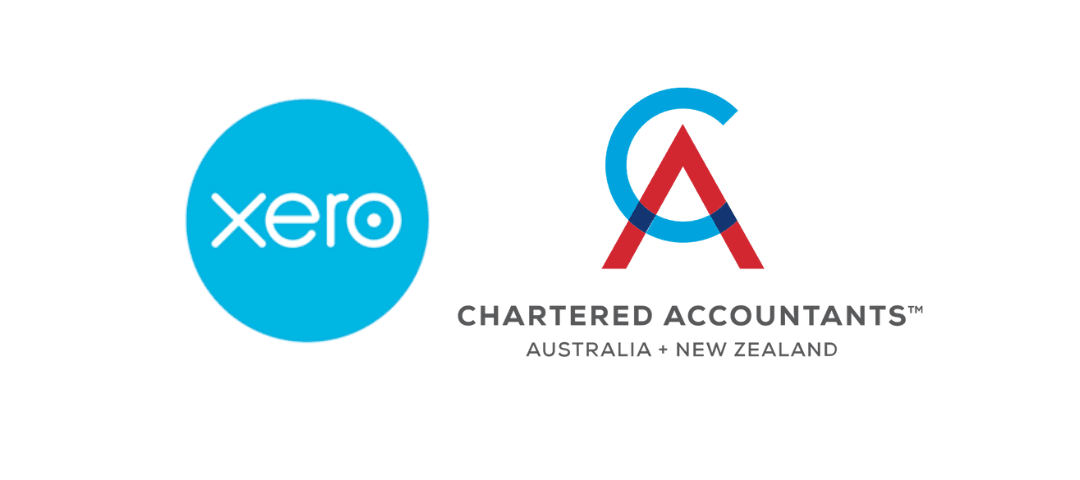Benjamin Franklin said there were only two things certain in life: death and taxes.
What if there was a better way to manage paying tax on your terms that suit you?
Tax Pooling is a system, that allows taxpayers to pay provisional tax when it suits, while ensuring that Inland Revenue (IRD) receives the tax it’s owed on time.
Taxpayers can customise payment arrangements so they can pay tax when they have cash, or delay payments if they have temporary cash-flow shortfalls.
Tax pooling prevent most IRD late payment penalties, provides a low interest rate (±5.82%) and there is no need for financial disclosure.
Taxpayers can make additional payments as more cash comes into their business as anticipated, or delay tax payments if they don’t receive as much income as expected.
This tax pooling strategy is not for everyone. It involves being diligent about making future projections and calculated risks based on individual circumstances. We recommend you discuss your business cash flow with us, and we can advise on the best option for you and your business.
Let’s have a look at an example
John has a provisional tax liability of $30,000. John’s business is currently growing, and he needs to buy more trading stock to meet customer demands.
Although he could pay his provisional tax payments over the next 9 months, if he invested $30,000 (the upcoming tax amount) into more trading stock, he believes he could sell that extra stock over the next nine months resulting in additional profit (at his normal 40% gross profit margin; i.e., he sells the new $30,000 of stock for $50,000 making an additional $20,000 profit).
However, John is concerned; if he doesn’t pay his tax, that he will get into trouble with IRD, and be charged late payment penalties, interest costs, and be on IRD radar for debt collection.
Option 1: John pays his tax on time to IRD
John pays his tax on the due date. He doesn’t make any additional profit because he has not increased his stock levels. John may be frustrated with his business growth as he sees potential to grow but can’t capitalise on opportunities due to cash flow constraints.
| Tax Paid | $30,000 |
| Interest Costs | $1,959 |
| Late Payment Penalties | $1,512 |
| Total Cost | $3,471 |
| Additional Costs | $20,000 |
| Net Benefit | $16,529 |
Option 2: John buys the stock without using tax pooling
John does not pay his tax and instead buys $30,000 of stock for resale. He makes $20,000 of additional profits as he can capitalise on additional opportunities. John is stressed because he receives overdue tax warning letters from IRD. Late payment penalties and interest costs are charged on the tax amount.
| Tax Paid | $30,000 |
| Interest Costs | $1,466 |
| Late Payment Penalties | - |
| Total Cost | $1,466 |
| Additional Costs | $20,000 |
| Net Benefit | $18,534 |
Option 3: John buys the stock using tax pooling
John buys $30,000 of stock for resale and uses tax pooling to manage his tax payments. He makes $20,000 of additional profits as he can capitalise on opportunities. John has certainty that his tax payments are under control which provides him piece of mind. He knows he has 18 months to pay his tax, but his cash flow forecast shows he should be able to repay it earlier.
He can grow his business, without capital restrictions and knows his tax payments are certain. John pays an interest cost for the growth (5.82%, which is lower than his bank overdraft rate), and does not incur IRD late payment penalties, or have any overdue debt reminders from IRD.
Comparison of options
Overall, using tax pooling results in additional profit and the lowest interest costs.
We believe that tax pooling goes beyond the numbers for some taxpayers. It presents them with choices and flexibility. It enables business owners to do what they do best and run their businesses, with the knowledge their tax is under controlled and IRD is not calling them for overdue debt.

Summary
Tax pooling allows efficient cash flow management and the ability to pay tax on your terms.
We recommend using tax pooling in conjunction with cash flow forecasting and a specific purpose on executing an element of your business plan. In the above example John knew his gross profit margins and knew there was an opportunity to capitalise on additional sales to existing customers with the increased stock.
How would an extra $30k for 18 months effect your business? Could you achieve your business goals, grow your business, employee new staff? Remember, ultimately, the tax is still payable and tax pooling provides flexibility and opportunity.
If you would like to discuss using tax pooling or your cashflow forecast with us, please contact us.
Would you like to know more
Contact Tim Doyle or Jane Evans today for a no obligation phone call or meeting on 07 823 4980 or contact us. Our office is in Cambridge, NZ, but distance is no problem. We have many international and national clients.
This material has been prepared for informational purposes only, and is not intended to provide, and should not be relied on for, tax, legal or accounting advice. You should consult your own tax, legal and accounting advisors before engaging in any transaction.





